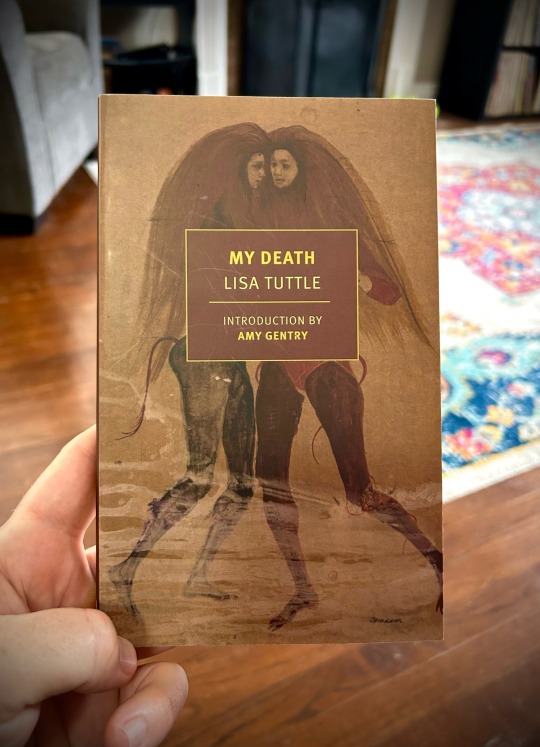#lisa tuttle
Note
Hi Neil!
I am a Masters Research Fellow for the University of Texas at El Paso, and I am currently helping with the Orlando database. This database is meant to be a comprehensive digital humanities project which documents female authors from the British isles or associated with the British isles. My focus is the era of 1968-present. I was wondering if you have any author suggestions we could look into from that time period, especially women of color!
Thanks in advance.
Noelle <3
I'd put in a vote for Josephine Saxton, who is, I'd say, an overlooked and unfairly forgotten writer who is a woman of colour.
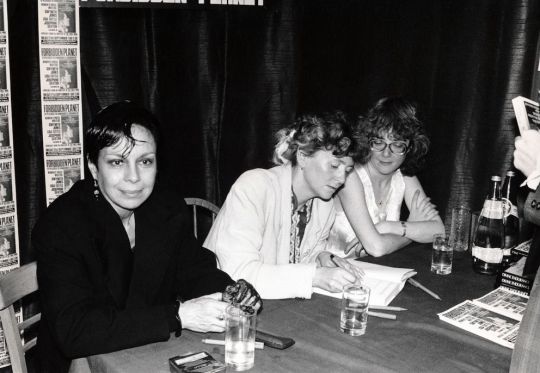
And actually, all of these women are important writers -- L to R Josephine Saxton, Gwyneth Jones and Lisa Tuttle (originally from Texas but UK from the late 70s). Photo circa 1985 at a Forbidden Planet signing.
And thinking of other people you might not run into on regular lists, let me point you at Jane Gaskell and Mary Gentle.
736 notes
·
View notes
Text
She read as a chain-smoker smokes; if she could she would have lived inside her books and never come out. When she had to do something that made reading impossible— walking, washing dishes, eating dinner with her parents— a voice inside her head described what she was doing, feeling, seeing. It became a necessary habit, a way of making her whole life as much like the experience of reading as possible.
From The Pillow Friend, by Lisa Tuttle
42 notes
·
View notes
Text

#best new horror#billy martin#neil gaiman#stephen gallagher#tanith lee#lisa tuttle#kim newman#horror
6 notes
·
View notes
Video
youtube
New Nightmares - Them
#new nightmares#kurt vonnegut#martin amis#thomas disch#michael moorcock#harry harrison#lisa tuttle#edward said#bruce sterling#alan grant#john brunner
4 notes
·
View notes
Text

Having fun with this classic little horror anthology. Complete with Stephen King, Lisa Tuttle, Ramsey Campbell, Tabitha Lee, and more.
#horror#books#classic horror#horror books#stephen king#lisa tuttle#Ramsey Campbell#william gibson#scary#gothic literature#horror literature#book cover#covers#cover art#shadows#reading#reader#gothic horror#gothic
2 notes
·
View notes
Photo
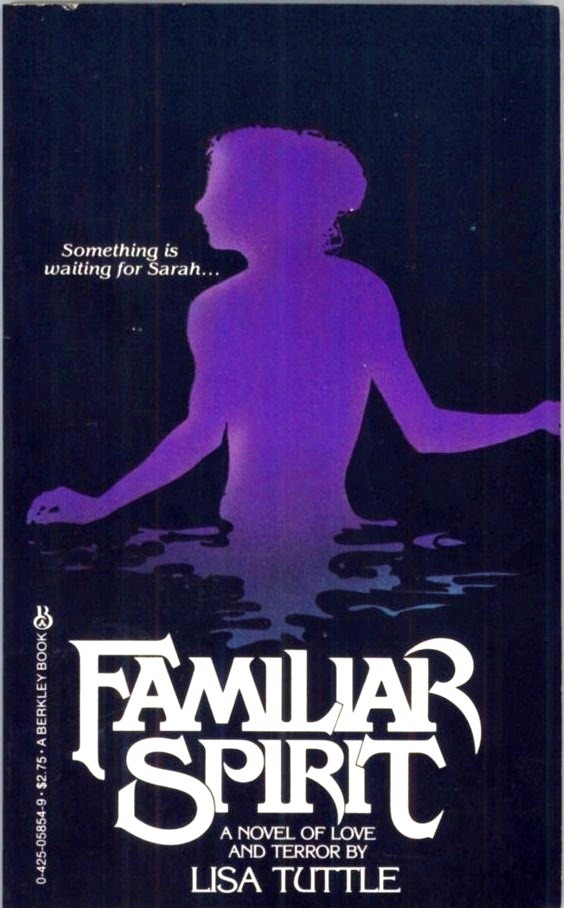
Lisa Tuttle - Familiar Spirit - Berkley - 1983
20 notes
·
View notes
Text
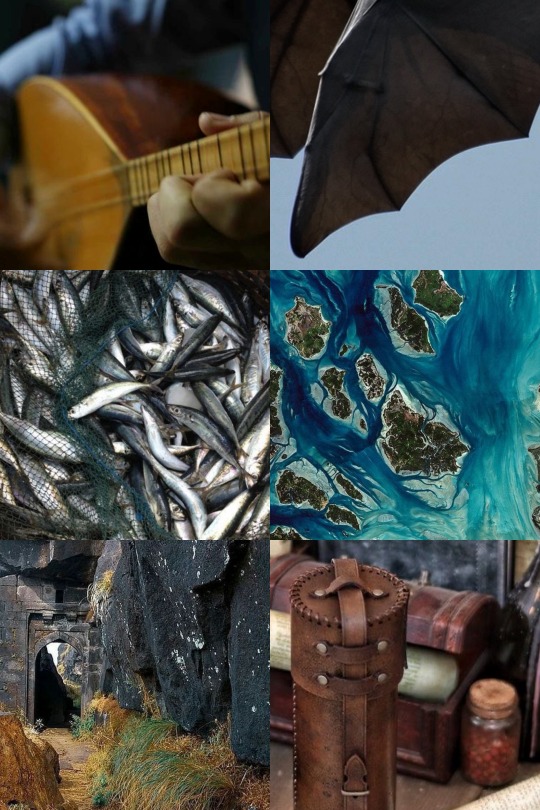
"Windhaven", by George R.R. Martin & Lisa Tuttle.
"Once you have tasted flight, you will forever walk the earth with your eyes turned skyward, for there you have been, and there you will always long to return.", by Leonardo da Vinci.
"For as long as this song is sung they'll know about you - the girl who wanted wings so much she changed the world.", from Windhaven.
0 notes
Text
finished reading Lisa Tuttle’s novel My Death last night (or really as it’s 6am about four to five hours ago) and because I had a coffee yesterday and can’t sleep properly despite taking melatonin… just lying here reading her creepy stories on my phone. They’re so good and short, they’re perfect for this.
LOVE a good creepy story about haunted books, or about like — creepy places in the countryside. ‘The Book That Finds You’ is the first short story I read, but I might like ‘Objects in Dreams May Be Closer Than They Appear’ even better.
#both cosy and not#also her writing is very unsentimental and not at all showy and it just WORKS#reading#lisa tuttle
1 note
·
View note
Text
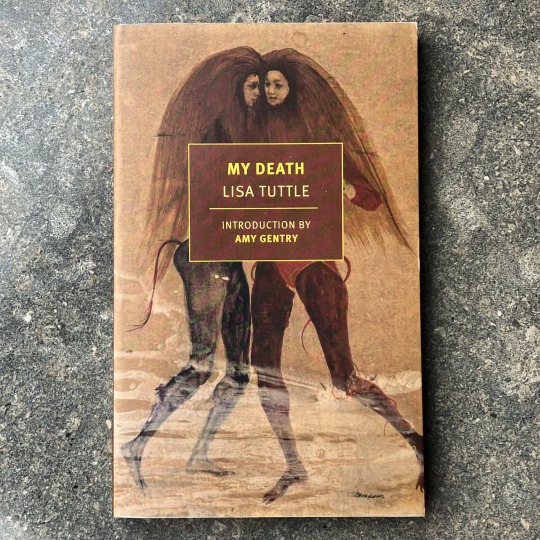
Lisa Tuttle: My Death (2004)
1 note
·
View note
Text
My Death by Lisa Tuttle

The picture hung on the wall that faced the second flight of stairs. It was about 8" x 10", or the size of a standard sheet of paper torn from an artist's pad. I saw a watercolor landscape, not so very different from the pictures hanging in the room downstairs.
Then there was a click from the hall below, and the shaded bulb above my head blazed, illuminating the picture.
I gazed at the painted image of an island, a rocky island rendered loosely in shades of brown and green and grey and greyish pink. I remained unimpressed, and baffled by Alistair's attitude towards this uninspired daub. Risky?
And then, all at once, as if another light had been switched on, I saw the hidden picture. Within the contours of the island was a woman. A woman, naked, on her back, her knees up and legs splayed open, her face hidden by a forearm flung across it and by the long hair—greenish, greyish—that flowed around her like the sea.
The centre of the painting, what drew the eye and commanded the attention, was the woman's vulva: all the life of the painting was concentrated there. A slash of pink, startling against the mossy greens and browns, seemed to touch a nerve in my own groin.
One immediate, furious thought rose in my mind: How could she expose herself like that?
Somehow I knew this was a self-portrait, that the artist would not have exploited another woman in this way. Yet she had not flinched from depicting herself as naked, passive, open, sexually receptive—no, sexually voracious, demanding to be looked at, to be taken, explored, used, filled...
Well, why not? I was all in favor of female autonomy, in the freedom of women to act out of their own desires, whatever they were. After all, I still called myself a feminist, and I had come of age during the '60s, a member of the post-Pill, pre-AIDS, sexually liberated generation who believed in letting it all hang out, and a woman's right to choose.
And yet—and yet—
Whatever theory I held, the sight of this picture made me cringe away in revulsion, even fear. As if this was something I should not have seen, something that should not have been revealed. It was deeper than reason; I simply felt there was something wrong and dangerous in this painting.
Then, like a cloud passing across the sun, the atmosphere changed again. Outlines blurred, colors became drab, and abruptly the painting was only the depiction of an island in the sea.
But I knew now what was hidden in those rocky outlines, and I didn't trust it to stay hidden. I turned away immediately and saw the two men standing at the bottom of the stairs, looking up at me.
There was a sudden rush of blood to my head: my cheeks burned. They knew what I'd been looking at; they'd seen it, too. And then, far worse than the embarrassment, came a clutch of fear, because I was a woman, and my only way out was blocked by two men.
The moment passed. The old man went back into the other room, and I was looking down at Selwyn, whom I'd known for twenty years. (pp. 27-28)
0 notes
Text




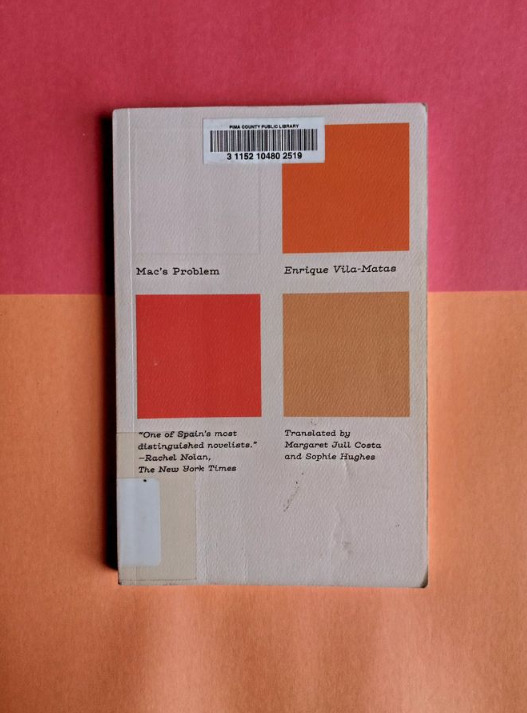




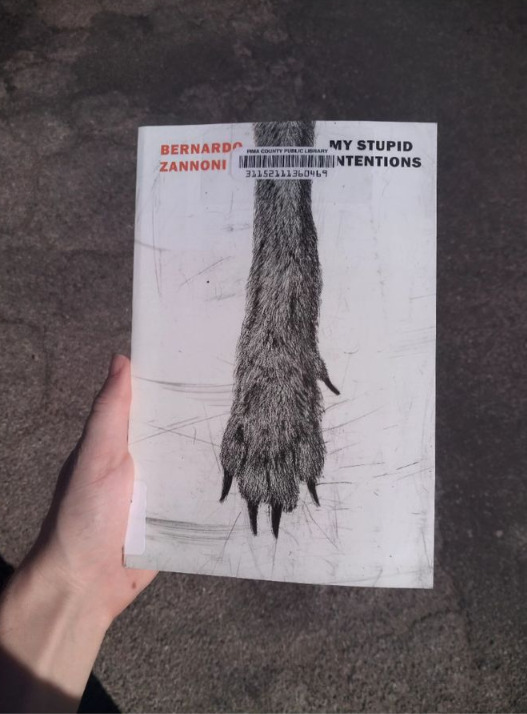
Books 61-70 of the year 📖!
#read in 2023#antoine de saint exupéry#aldous huxley#susan taubes#carlos fonseca#lisa tuttle#enrique vila matas#henry bean#juan pablo villalobos#bernardo zannoni#talks
0 notes
Text
It struck her suddenly that this, her first victory, might be her last; certainly it was the only easy one. Now she had to go out with him, get to know him, let him get to know her, trying all the while to present to him the image, the persona, of someone he might love— it was impossibly daunting. […] Why had she let Roxanne talk her into this? Why had she asked Alex to the dance? She didn’t want to date him. She didn’t want that awkwardness between them. She wanted him, simply, to be in love with her. She wanted something dramatic to happen, the way it did on television, throwing them together.
from The Pillow Friend, by Lisa Tuttle
3 notes
·
View notes
Text
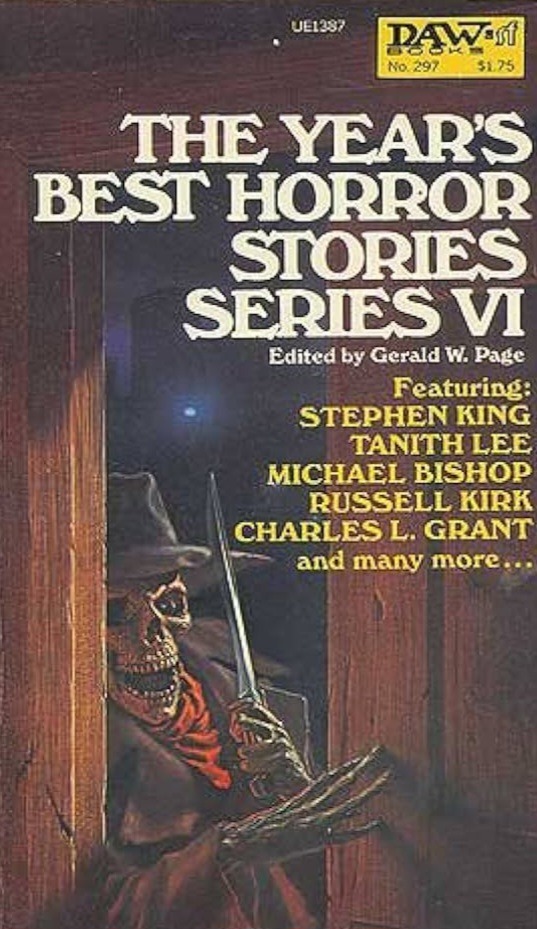
Art by Michael Whelan
3 notes
·
View notes
Text
"...I saw the hidden picture." #mydeath @NYRBClassics
One of my favourite publishers is NYRB Classics; they reissue a wonderful range of titles (and it would be very easy to start up a collection of their books), so I always search their catalogues eagerly to see what new works they’re bringing out. I was intrigued by one particular title in their autumn catalogue, by an author new to me, and it sounded like a book I would enjoy. Fortunately, the…

View On WordPress
1 note
·
View note
Text
The cozy creepiness of Lisa Tuttle's novella My Death
Lisa Tuttle’s 2004 novella My Death receives an American reprint this fall from NYRB. In her introduction to this new edition, novelist Amy Gentry expresses her hope the reprint will set off a “Lisa Tuttle renaissance.” My Death was first published in the UK (Tuttle’s adopted home), and released in a small run from the feminist indie press Aqueduct; their edition is now out of print.
I had never…
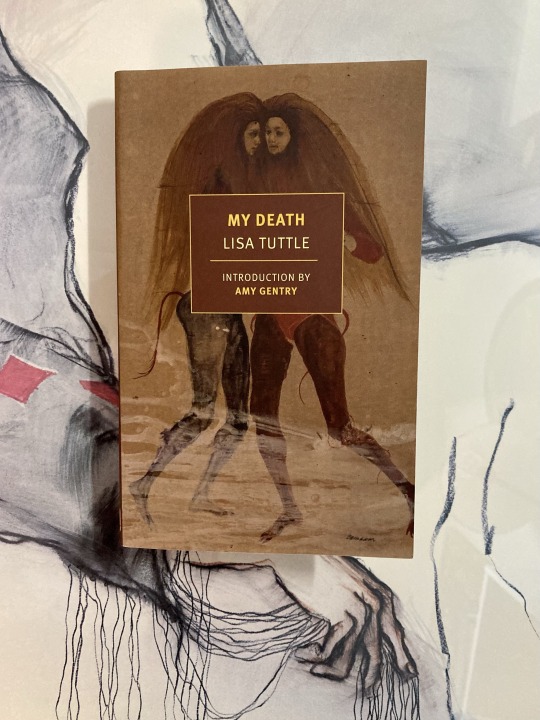
View On WordPress
0 notes
